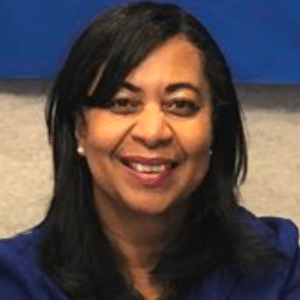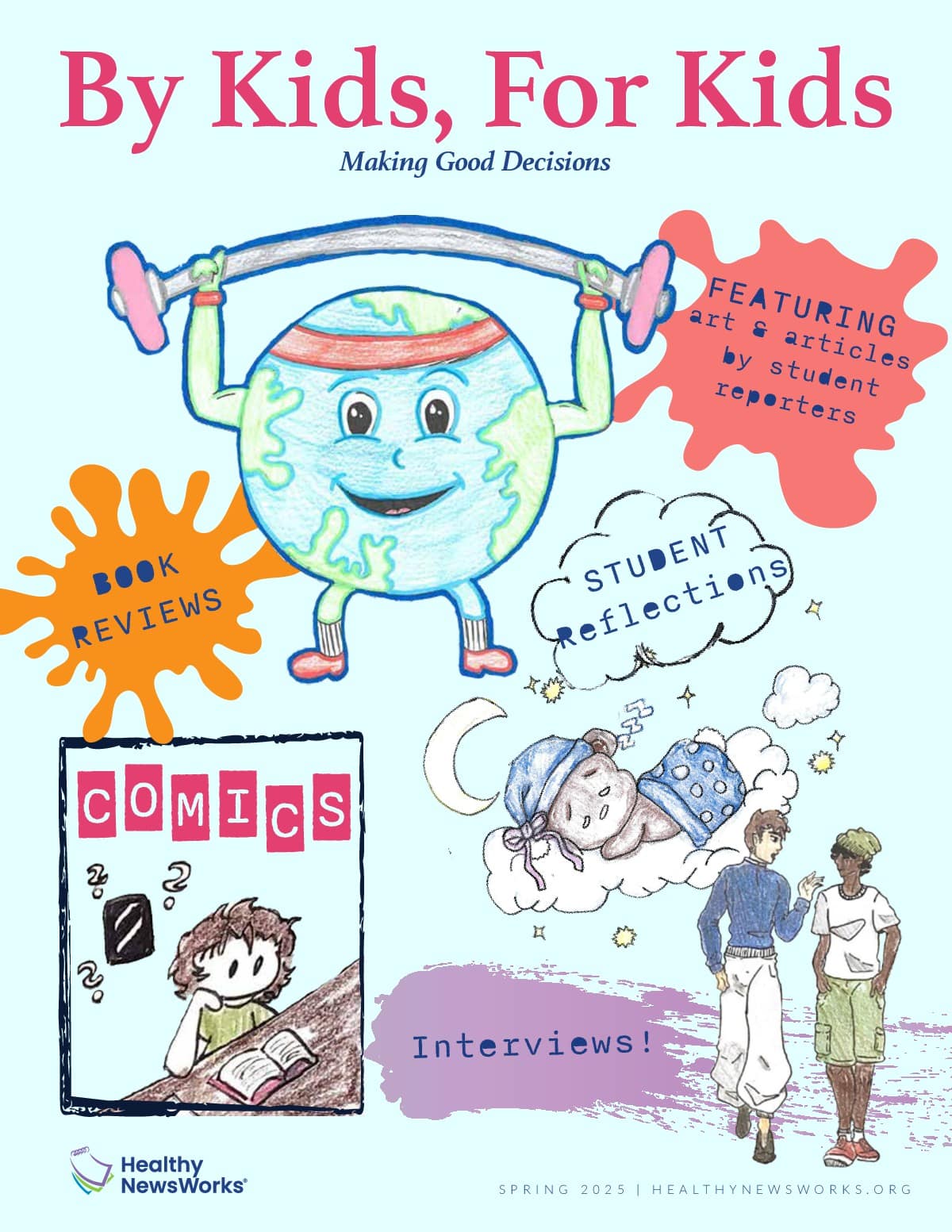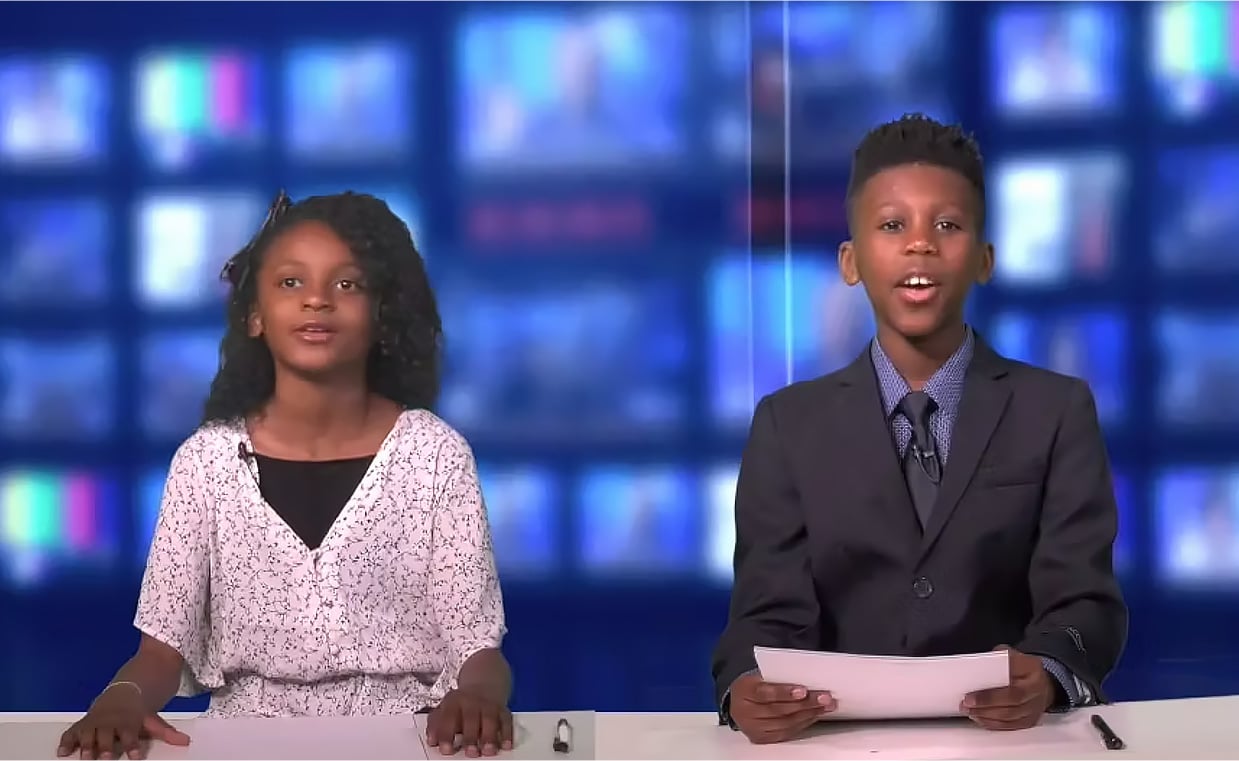
By Navah, Alexis, Kai, and Daniel, East Norriton Bulldog Bulletin | When Dr. Tyra Bryant-Stephens started practicing medicine more than 25 years ago, climate change was not on her radar, she says.
Her main concern was protecting children with asthma from poor air quality indoors. For example, tobacco smoke and pet dander can make it hard for children with asthma to breathe. She still teaches children and their families what they can do in their homes to prevent asthma flare-ups.
But Dr. Bryant-Stephens, an asthma specialist at Children’s Hospital of Philadelphia (CHOP), also is concerned about what’s happening outdoors.
“Climate change is real,” she says.
In 2005, she joined an advisory committee with the U.S. Environmental Protection Agency (EPA,) and “that’s when my eyes started to be open to all the different environmental impacts on asthma, including climate,” she says.
In the Philadelphia area, changes in the climate mean that many places are hotter and wetter for more days during the year, Dr. Bryant-Stephens says. And that means longer growing seasons for weeds, grasses, and other plants that release pollen into the air. The pollen can provoke allergies, triggering asthma in some people.
“Climate change causes longer allergy seasons, which can make asthma more severe,” says Dr. Bryant-Stevens, who is the director and founder of CHOP’s Community Asthma Prevention Program.
When asked whether climate change has had an impact on her patients, she describes a young boy with asthma whose family lived in a Philadelphia rental house flooded by rain. They had nowhere else to go. Mold grew on surfaces in the house, triggering the boy’s asthma symptoms. It took a year for the family to find another place to live. During that year, the boy had many asthma attacks. He visited the emergency room frequently and was hospitalized twice.
As a physician, Dr. Bryant-Stephens shares information about the impact of climate change with her patients’ families, with government officials, and with the public. She serves as a spokesperson for the Clean Air Council, an environmental group. She works with other groups to develop more green spaces in Philadelphia.
She encourages individuals to do what they can to keep our air clean. Walk or bike, if possible, instead of riding in a car.
“And whenever you can, plant a tree,” she says.







